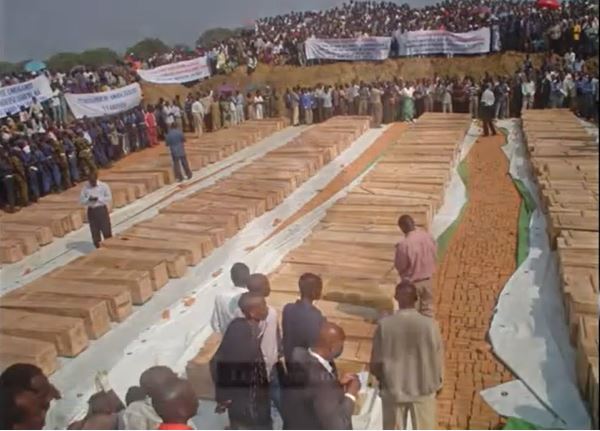On August 13, 2004, the Gatumba refugee camp, located near the border of the Democratic Republic of the Congo in Burundi, was attacked by an armed group. In just a few hours, more than 160 Congolese refugees of Banyamulenge origin most of them women and children were brutally killed.
The Palipehutu-FNL (Forces nationales de libération) claimed responsibility for the massacre, while United Nations reports indicated the possible involvement of other armed groups whose identities have never been fully established. Since then, human rights organizations, including Amnesty International, have repeatedly called for an independent, impartial, and thorough investigation to bring those responsible to justice. Yet, 21 years later, justice has not been delivered.
In its August 18, 2005 statement, Amnesty International stressed that “justice still needs to be done for the survivors of Gatumba, but also for all the victims of human rights abuses in the Great Lakes region.” To this day, the perpetrators remain free, while survivors and the families of victims continue to live with the painful scars of that night.
Every year on August 13, Banyamulenge communities around the world commemorate their loved ones who perished in Gatumba. The day serves as a moment of reflection, prayer, and a renewed call for justice for the crimes against humanity committed in Gatumba.
For the Banyamulenge people, Gatumba is not just a chapter of history—it is a lasting reminder of the need to ensure the world never stays silent in the face of mass atrocities.




